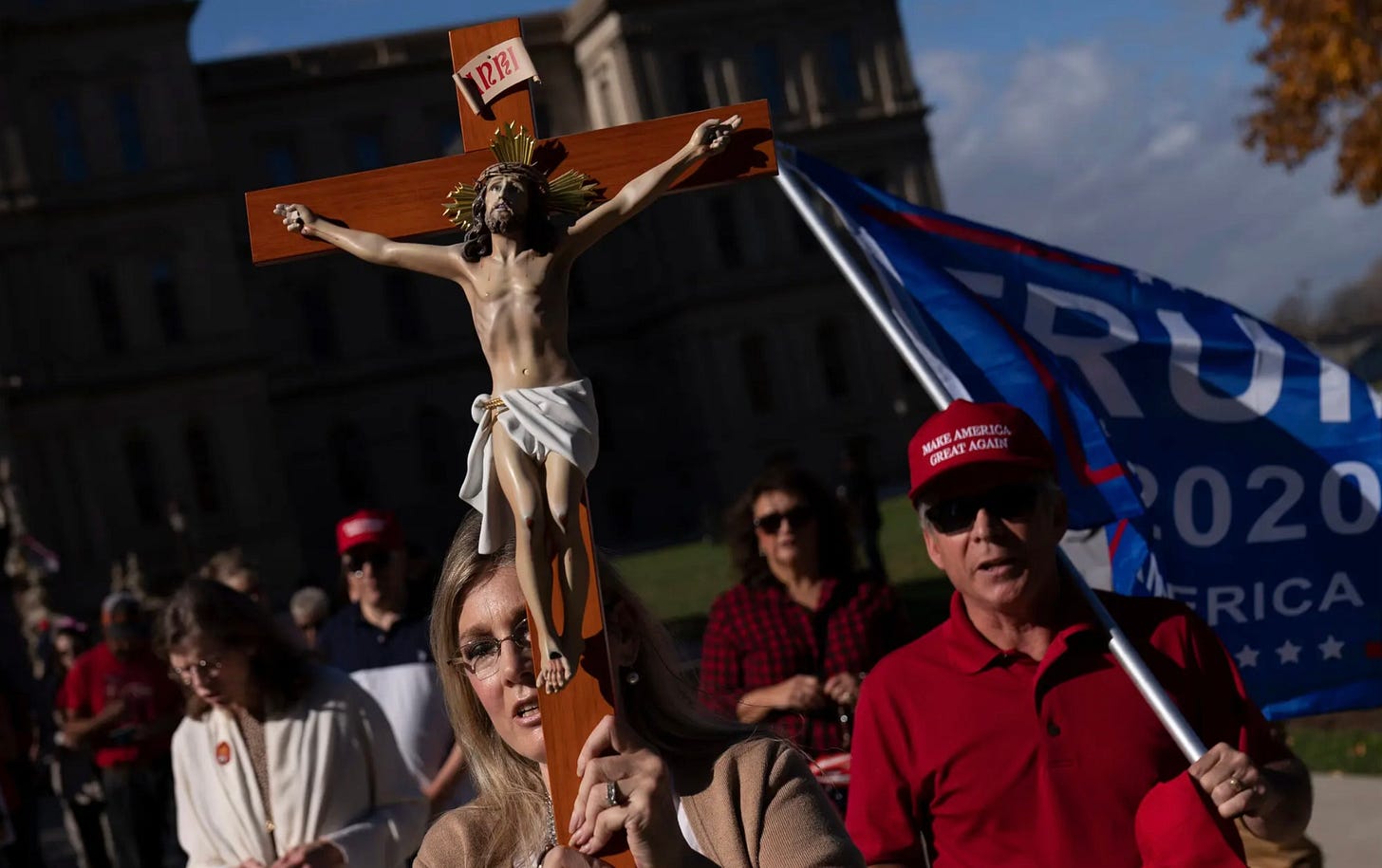Loyalty Over Logic
The Cult-like Nature of Trump's Base

In the wake of Donald Trump's triumphant return to power in the 2024 election, America finds itself at a crossroads. The era…


In the wake of Donald Trump's triumphant return to power in the 2024 election, America finds itself at a crossroads. The era…
